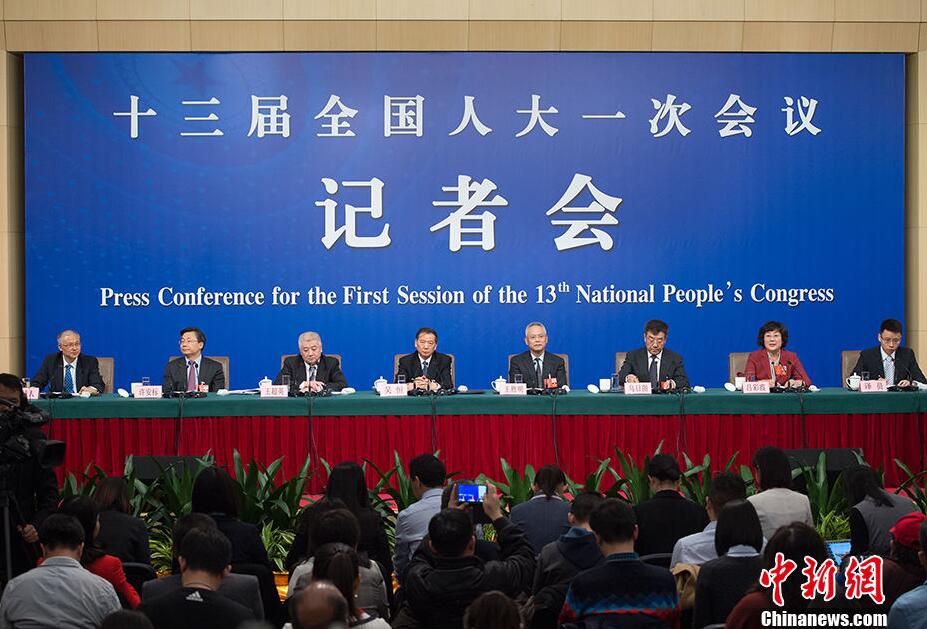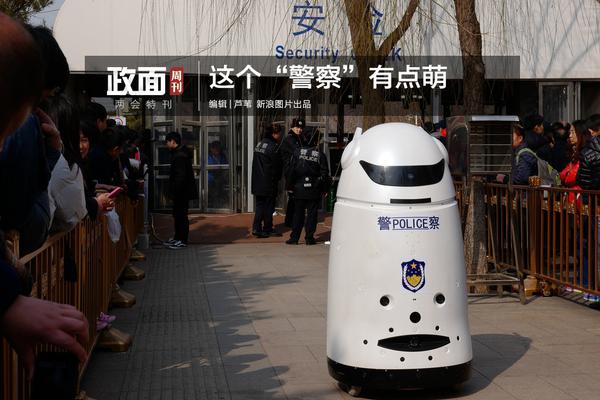
The five functional modules of the operating system are processor management, memory management, device management, file management and operation management. Processor management The most basic function of processor management is to process interrupt events. After configuring the operating system, various events can be processed.
The functions of the computer operating system include: processor management, memory management, device management, file management, job management and other functional modules. Processor management. The most basic function of processor management is to handle interrupt events. The processor can only detect interrupt events and generate interrupts and cannot process them.
Storage management is divided into several functions: storage allocation, storage sharing, storage protection, and storage expansion.Equipment management has the following functions: equipment allocation, equipment transmission control, and equipment independence. File management: file storage space management, directory management, file operation management, file protection.
The operating system should usually include the following five functional modules: (1) Processor management. When multiple programs are running at the same time, solve the problem of processor (cpu) time allocation. ( 2) Operation management. The program to complete an independent task and its required data constitute a task.
The function of the operating system is mainly reflected in the management of computer resources - microprocessors, memory, external devices, files and tasks. The operating system sets this management function into the corresponding program management module, and each management module is responsible for a certain function.That is, the five functions of the operating system.
The operating system has five functions: processor management: mainly controls and manages the work of the CPU. Storage management: mainly carry out memory allocation and management device management: mainly manage basic input and output device file management: responsible for the organization, storage, operation and protection of computer files, etc.

There are the following types of management systems: the management system of the finished product set. This kind of system is a stereotyped management system, which makes a small number of functional adjustments to the software through the parameter settings of the software.
Transaction Processing System (TPS): Operators and supervisors are used to input transactions, events, sort, list, merge updates, output detailed reports, lists and summaries, etc. Management Information System (MIS): Middle managers are used to input general transaction data and simple models to process routine reports.
Adgecal management system Academic management system is one of the most core management systems of the school, which is responsible for arranging and managing the school's teaching activities. It includes curriculum setting, teaching plan, teacher arrangement, examination management and other contents.
VMware vSphere: It is a virtualization management platform that can be used to manage virtual machines, storage and networks, etc. Nagios: It is an open source network monitoring system that can be used to monitor network devices, servers and applications, etc.
Financial subsystem: providing the function of financial management information; Decision support subsystem: make the logistics information system reach a higher level.
ERP management system brand Youyou, Jindie International Software, Wave Software, Dingjie Software, Zhenghang Software. Use friends.
1. System management refers to the information technology system that manages enterprises, and file management is one of the five major functions of the operating system.First, network management refers to the centralized management of resources on the network by network administrators through network management programs.
2. System Management regards organizational components as interrelated and interdependent systems, so it advocates applying the system concept to the management concept.
3. System management refers to the process of maintaining, managing and monitoring computer systems. As an important part of enterprise informatization construction, the importance of computer system management cannot be ignored.
Casino Plus free 100-APP, download it now, new users will receive a novice gift pack.
The five functional modules of the operating system are processor management, memory management, device management, file management and operation management. Processor management The most basic function of processor management is to process interrupt events. After configuring the operating system, various events can be processed.
The functions of the computer operating system include: processor management, memory management, device management, file management, job management and other functional modules. Processor management. The most basic function of processor management is to handle interrupt events. The processor can only detect interrupt events and generate interrupts and cannot process them.
Storage management is divided into several functions: storage allocation, storage sharing, storage protection, and storage expansion.Equipment management has the following functions: equipment allocation, equipment transmission control, and equipment independence. File management: file storage space management, directory management, file operation management, file protection.
The operating system should usually include the following five functional modules: (1) Processor management. When multiple programs are running at the same time, solve the problem of processor (cpu) time allocation. ( 2) Operation management. The program to complete an independent task and its required data constitute a task.
The function of the operating system is mainly reflected in the management of computer resources - microprocessors, memory, external devices, files and tasks. The operating system sets this management function into the corresponding program management module, and each management module is responsible for a certain function.That is, the five functions of the operating system.
The operating system has five functions: processor management: mainly controls and manages the work of the CPU. Storage management: mainly carry out memory allocation and management device management: mainly manage basic input and output device file management: responsible for the organization, storage, operation and protection of computer files, etc.

There are the following types of management systems: the management system of the finished product set. This kind of system is a stereotyped management system, which makes a small number of functional adjustments to the software through the parameter settings of the software.
Transaction Processing System (TPS): Operators and supervisors are used to input transactions, events, sort, list, merge updates, output detailed reports, lists and summaries, etc. Management Information System (MIS): Middle managers are used to input general transaction data and simple models to process routine reports.
Adgecal management system Academic management system is one of the most core management systems of the school, which is responsible for arranging and managing the school's teaching activities. It includes curriculum setting, teaching plan, teacher arrangement, examination management and other contents.
VMware vSphere: It is a virtualization management platform that can be used to manage virtual machines, storage and networks, etc. Nagios: It is an open source network monitoring system that can be used to monitor network devices, servers and applications, etc.
Financial subsystem: providing the function of financial management information; Decision support subsystem: make the logistics information system reach a higher level.
ERP management system brand Youyou, Jindie International Software, Wave Software, Dingjie Software, Zhenghang Software. Use friends.
1. System management refers to the information technology system that manages enterprises, and file management is one of the five major functions of the operating system.First, network management refers to the centralized management of resources on the network by network administrators through network management programs.
2. System Management regards organizational components as interrelated and interdependent systems, so it advocates applying the system concept to the management concept.
3. System management refers to the process of maintaining, managing and monitoring computer systems. As an important part of enterprise informatization construction, the importance of computer system management cannot be ignored.
100 free bonus casino no deposit GCash
author: 2025-02-06 18:37bingo plus update today Philippines
author: 2025-02-06 17:44Hearthstone arena deck Builder
author: 2025-02-06 17:30Hearthstone Arena class tier list 2024
author: 2025-02-06 17:03UEFA Champions League live streaming app
author: 2025-02-06 18:20Hearthstone arena class win rates reddit
author: 2025-02-06 18:18UEFA Champions League live streaming app
author: 2025-02-06 17:52 UEFA live free
UEFA live free
521.55MB
Check Casino Plus free 100
Casino Plus free 100
721.77MB
Check Europa League app
Europa League app
869.16MB
Check UEFA Champions League live
UEFA Champions League live
651.24MB
Check Walletinvestor digi plus
Walletinvestor digi plus
234.89MB
Check Arena plus APK
Arena plus APK
175.64MB
Check UEFA Champions League live
UEFA Champions League live
846.61MB
Check bingo plus update today
bingo plus update today
696.39MB
Check Hearthstone deck
Hearthstone deck
642.76MB
Check Hearthstone arena
Hearthstone arena
719.31MB
Check DigiPlus stock
DigiPlus stock
269.54MB
Check UEFA European championship
UEFA European championship
767.85MB
Check Hearthstone arena deck Builder
Hearthstone arena deck Builder
767.34MB
Check Hearthstone Arena Tier List
Hearthstone Arena Tier List
435.78MB
Check Hearthstone Arena Tier List
Hearthstone Arena Tier List
179.74MB
Check TNT Sports
TNT Sports
285.68MB
Check Bingo Plus stock
Bingo Plus stock
564.97MB
Check bingo plus update today
bingo plus update today
176.38MB
Check Hearthstone Wild Decks
Hearthstone Wild Decks
299.47MB
Check DigiPlus Philippine
DigiPlus Philippine
537.37MB
Check Hearthstone Arena win rate
Hearthstone Arena win rate
125.57MB
Check UEFA Champions League standings
UEFA Champions League standings
653.16MB
Check Casino free 100 no deposit
Casino free 100 no deposit
166.83MB
Check UEFA European championship
UEFA European championship
159.94MB
Check bingo plus update today
bingo plus update today
241.57MB
Check Casino free 100 no deposit
Casino free 100 no deposit
661.15MB
Check UEFA Champions League
UEFA Champions League
188.63MB
Check TNT Sports
TNT Sports
523.77MB
Check Casino Plus login register
Casino Plus login register
843.98MB
Check Arena plus APK
Arena plus APK
211.29MB
Check UEFA live free
UEFA live free
821.23MB
Check UEFA Champions League standings
UEFA Champions League standings
249.22MB
Check Casino Plus GCash login
Casino Plus GCash login
949.43MB
Check Arena plus APK
Arena plus APK
854.43MB
Check Casino Plus GCash login
Casino Plus GCash login
391.72MB
Check DigiPlus fair value
DigiPlus fair value
259.67MB
Check
Scan to install
Casino Plus free 100 to discover more
Netizen comments More
1630 UEFA Champions League standings
2025-02-06 19:09 recommend
800 casino plus free 100
2025-02-06 19:03 recommend
302 Europa League app
2025-02-06 18:59 recommend
302 UEFA Champions League live
2025-02-06 17:43 recommend
2196 Casino Plus GCash login
2025-02-06 17:39 recommend